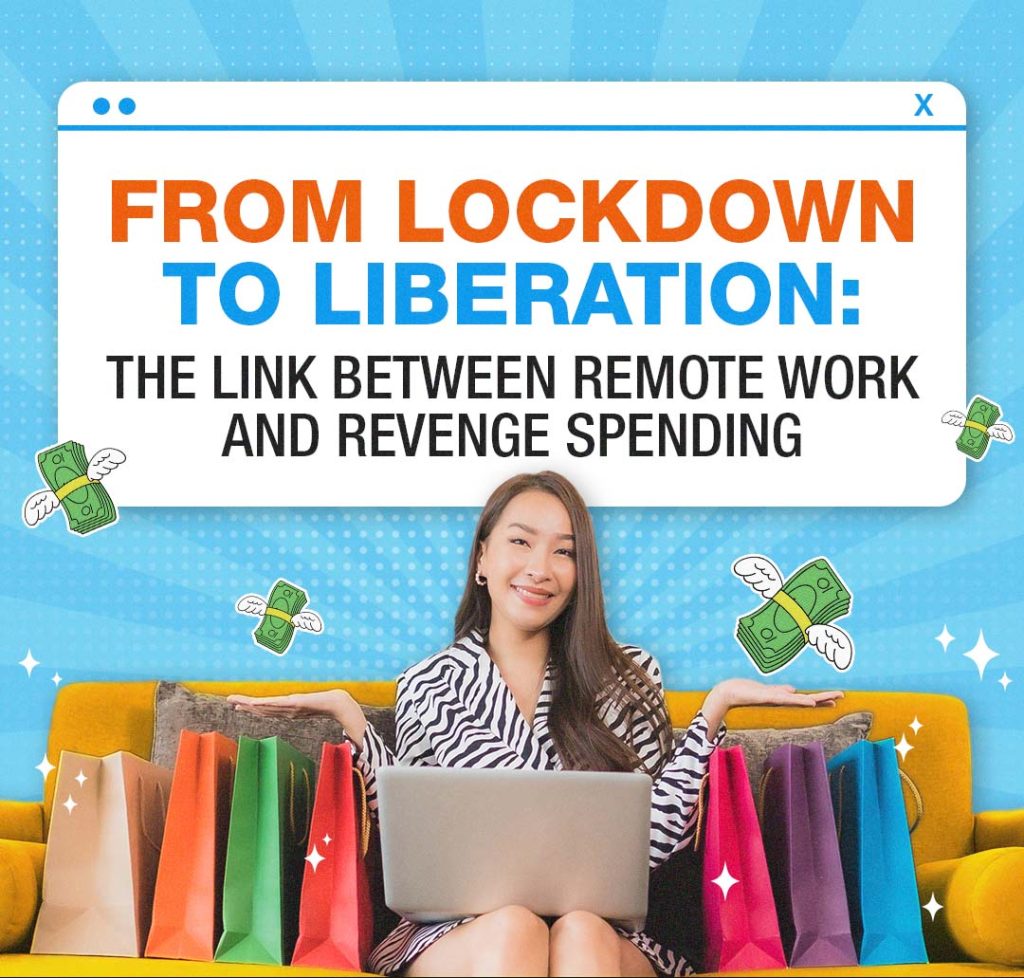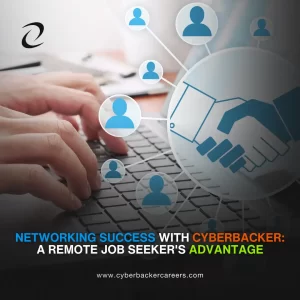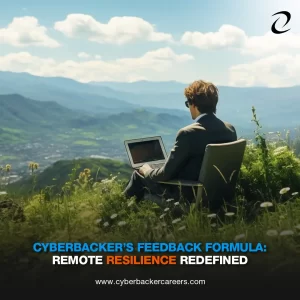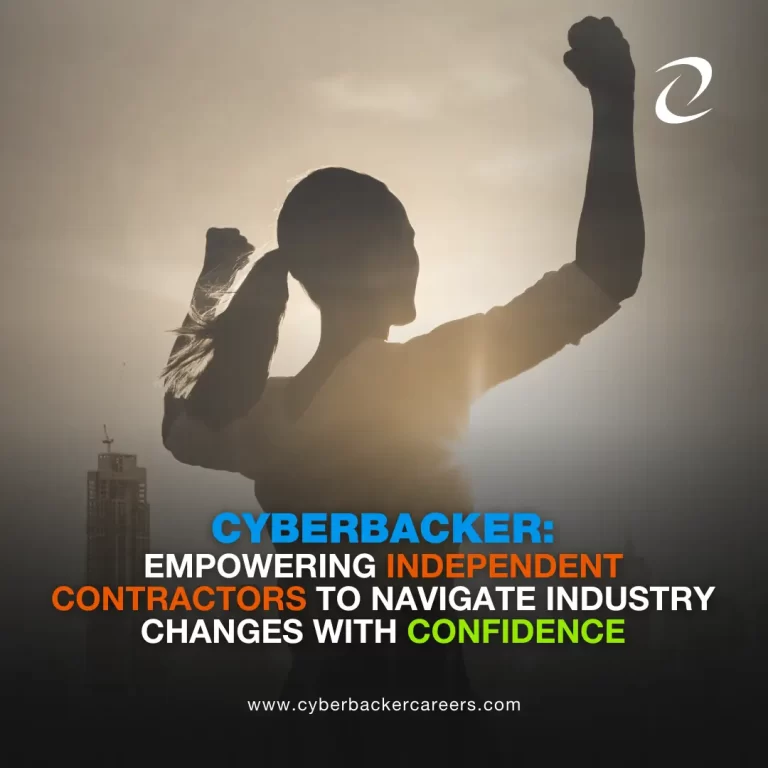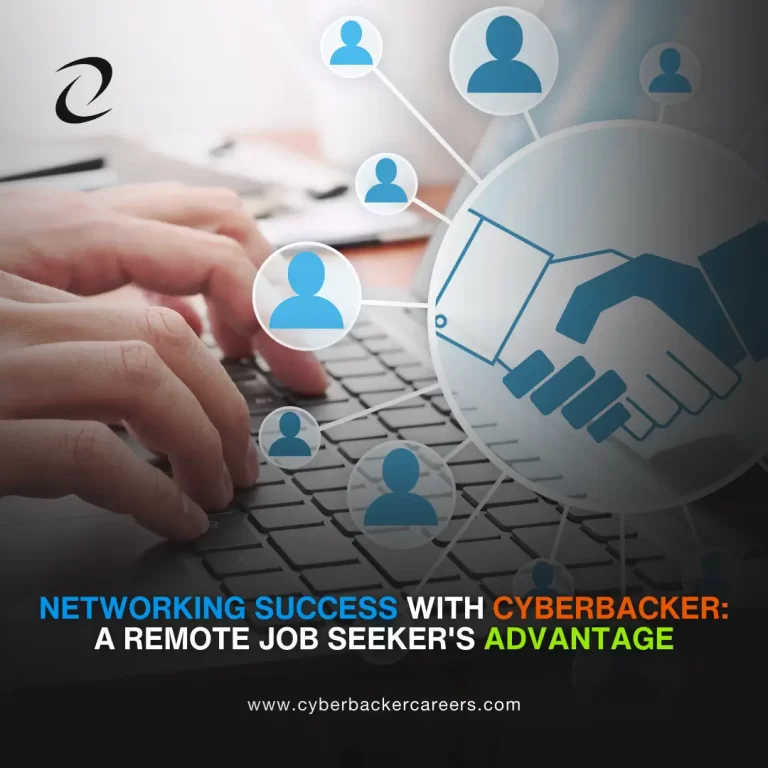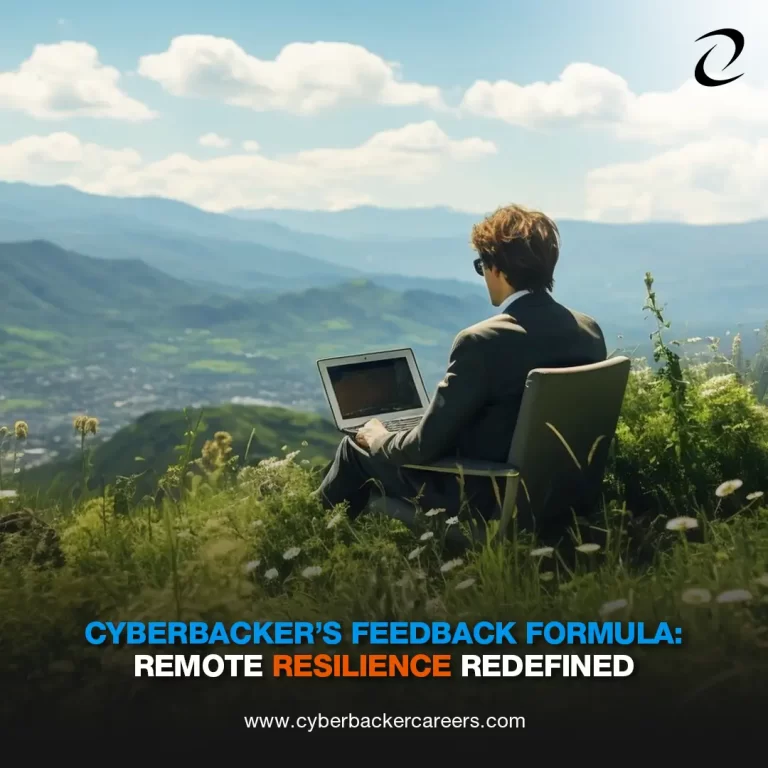From Lockdown to Liberation: The Link Between Remote Work and Revenge Spending
The pandemic has transformed the way we work, live, and spend. One trend that has emerged in its wake is revenge spending—a phenomenon where people indulge in excessive spending to compensate for lost time during the lockdown. Now, with more people working from home, many have found themselves with more time and flexibility to travel and spend money on experiences they may have missed out on during the lockdown.
Revenge spending refers to spending money excessively, often impulsively and extravagantly, to seek revenge or make up for a period of deprivation or financial constraint.
During the COVID-19 pandemic, many people had to cancel or postpone travel plans and social events due to lockdowns and restrictions. As a result, some individuals engaged in revenge spending when restrictions were lifted, and it was safe to travel and attend events again. For example, someone who had to cancel their dream vacation due to the pandemic may decide to book an even more luxurious and expensive trip once it’s safe to travel again. Similarly, someone who had to cancel their wedding or other celebratory events may decide to go all out and spend more money than originally planned to make up for the delay and disappointment.
Facilitating Revenge Spending and Increased Leisure Time
Cyberbacker has made the link between remote work and revenge spending easier to understand. With the company ahead of when the pandemic forced many businesses to adopt remote work, cyberbackers have since experienced the counterbalance of work and personal life. With no need to commute or sit in front of an office desk, cyberbackers are given more free time to engage in leisure activities like shopping and travel.
Moreover, cyberbackers have saved money on transportation and other expenses associated with commuting to and from work. It has left them with more disposable income for leisure activities. Many cyberbackers have also found themselves with more money to spend due to the shift toward online shopping, which has made it easier to compare prices and find deals online.
A Fueled Surge in Consumerism and its Potential Consequences
A sense of pent-up demand has also fueled revenge spending. During the pandemic, the lockdowns and restrictions on travel and leisure activities left many people feeling frustrated and deprived. As these are lifted, and life returns to normal, people are eager to make up for lost time and indulge in the activities they could not enjoy during the lockdown, resulting in a surge in spending on luxury goods, travel, and entertainment.
However, there are potential downsides to revenge spending. Overspending on luxury items and experiences can lead to financial stress and long-term debt. Additionally, increased travel and consumption can harm the environment, particularly if people are not mindful of their carbon footprint and sustainability practices.
The link between remote work and revenge spending is a natural outcome of the pandemic. With more cyberbackers working from home, they have gained greater flexibility and free time to indulge in leisure activities. It is still important to exercise caution and awareness of the potential financial and environmental consequences. As we navigate the post-pandemic world, it is important to strike a balance between indulging in leisure activities and maintaining responsible consumption habits. Be responsible with your finances, and let Cyberbacker guide you through it.


